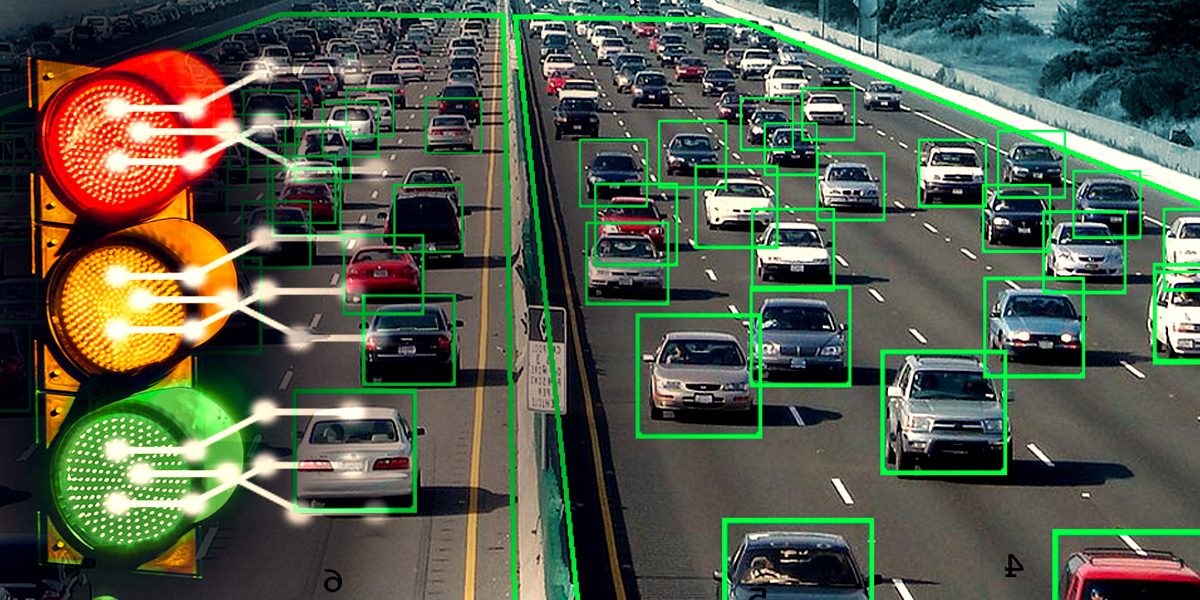Google is driving smart readiness by using artificial intelligence to optimize road signs in hopes of reducing wait times and inconsistencies.
Tested at four traffic points in Israel, AI-assisted traffic control was able to reduce delays by 10-20 percent. On Wednesday, Alphabet Inc’s Google announced plans to distribute the software in Rio de Janeiro, Brazil.
What is Google’s AI traffic project all about?
This project is still in the early research stage. If successful, it could eliminate most of the human error and delay associated with current traffic reporting mechanisms. AI-based road signs have shown fantastic results in the Haifa and BeerSheva regions of Israel. City authorities in Rio de Janeiro told Reuters they were pleased to see how travel within the city was improving.
Google is currently facing pressure from government agencies and internal employees to do more to tackle climate change.
The world’s third most valuable company is in trouble, forced to tackle climate change on a broader level. Recently, advocacy groups urged Google to stop selling its technology to oil companies and politicians who discredit climate change as a hoax.
Google and climate change
Google also undertakes various projects aimed at highlighting climate change. Now, a new set of panels in the Google Maps app will show the emissions emitted by airlines and each flight’s overall assessment of environmental damage in the United States.
To limit the spread of disinformation regarding climate change, this month Google is offering explanations in English, Spanish and French for all questions on its platform. A description of climate change will reflect the words of the United Nations.
It remains unclear how Google will implement its technology, without experience in managing and controlling traffic. Even so, it should be an interesting experiment to witness traffic optimization using artificial intelligence.




